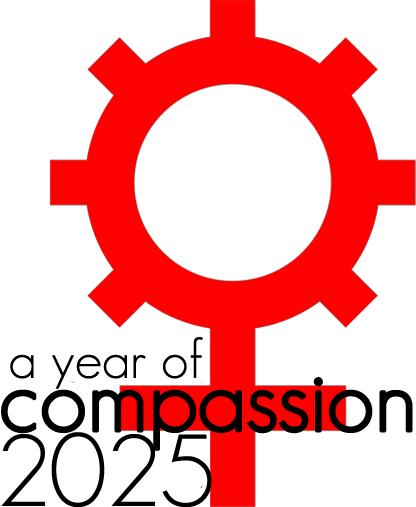Dear Diary,
The practice of mindfulness and meditation cannot be separated from introspection. On the contrary, developing an awareness of our inner selves is at the core of the practice. In the beginning stages of learning how to re-train our attention, it is still relatively easy to focus on more surface-level factors: breathing, eating, walking, etc. However, once a level of skill has been attained in regards to being present, the undercurrent of our emotions becomes accessible; it is this point where our commitment to ourselves gets tested the most. Our inner emotions are often complex and turbulent. Feeling multiple emotions at once is ok, even about a singular topic or event, as is peeling back the layers one at a time.
Meditation takes courage. We must be brave to cultivate the resiliency needed to understand ourselves and where to go with the information. If you live long enough, chances are some scars were earned along the way. Delving deep into ourselves to heal is scary; it forces us to confront whatever emotion or thought we’ve been holding on to all this time. Our inner feelings may come from a well of anger or sadness, but as long as those are the basis for other emotions, we’ll always be hurt (or cause harm) by them. Unfortunately, we might not even realize what we feel deep down because of the myriad layers covering it.
Healing is not linear. There is no magic threshold wherein you sit cross-legged with your eyes closed for long enough, and everything vanishes. Additionally, sitting doing nothing may prevent our healing entirely. Meditation is the alignment of our intentions and actions. A meditative state can be found almost anywhere: cooking, bike riding, sewing, gardening, etc. It is ok to proceed at a comfortable and sustainable pace. Perhaps, we begin to feel overwhelmed and need a rest day. It is ok to practice inner compassion and patience and survive the day without making anything worse.
We never know when things will ‘click’ inside our minds. We could endure a long period where it feels we make no progress, then suddenly have an epiphany moment. When we have a breakthrough moment, take some time to appreciate the journey leading us to it. The epiphany moment itself is crucial, but not as much as all the work we put in getting there. Validating the work we put into ourselves helps build the resiliency needed to look forward to the next stage of the journey with hope. After one easy part of life, a difficult one will follow, and then another easy one.
The difficult periods of our journey demand the most courage. We might feel frustrated because we were making progress and then stopped. We may grow impatient with the obstacles life throws at us. We might not be ready to develop the answers required to heal. Finding the balance between disciplined effort and emotional or mental rest is a process unique to us as individuals. We shouldn’t constantly practice escapism, but it is ok to put things down for a little while. It is the courage to get back up and take another step down the path that enables success. A violent storm does not last forever.
What is inner bravery? Inner bravery doesn’t have the same visual effect as a firefighter running into a burning building to rescue someone trapped and disoriented. Developing the courage to confront ourselves assists in leading to an organic conflict de-escalation. We remain calmer longer and in more situations because we become aware of ourselves and want to become. We become reactive to the world around us less and develop an ability to invest in what is meaningful consciously. Bravery is being our true selves, not wearing the mask some external force placed on us. Vulnerability is a consequence of inner courage as people can experience who we are and may react unfavorably. However, by cultivating courage, we also can manage how we value their reactions.
Courage is the mechanism of converting intention into action. If we want to become more skillful at something, we must be brave enough to fail during the learning process. If we need to confront someone to heal, we must have the courage to value ourselves as worthy. Change can be scary. However, emotions such as anger (a desire to protect) and hope (assigning meaning) can be used through inner courage to accomplish our intentions. Meditation and mindfulness are excellent practices to engage in, but knowledge without action is rarely helpful to those suffering inside. Understanding what we feel and why is an essential step, but nothing will change without developing the courage to act. When the time is right, be brave; you are worth it.
